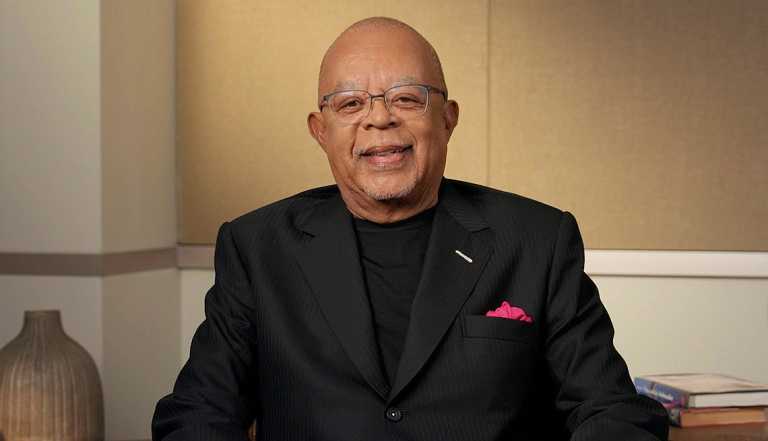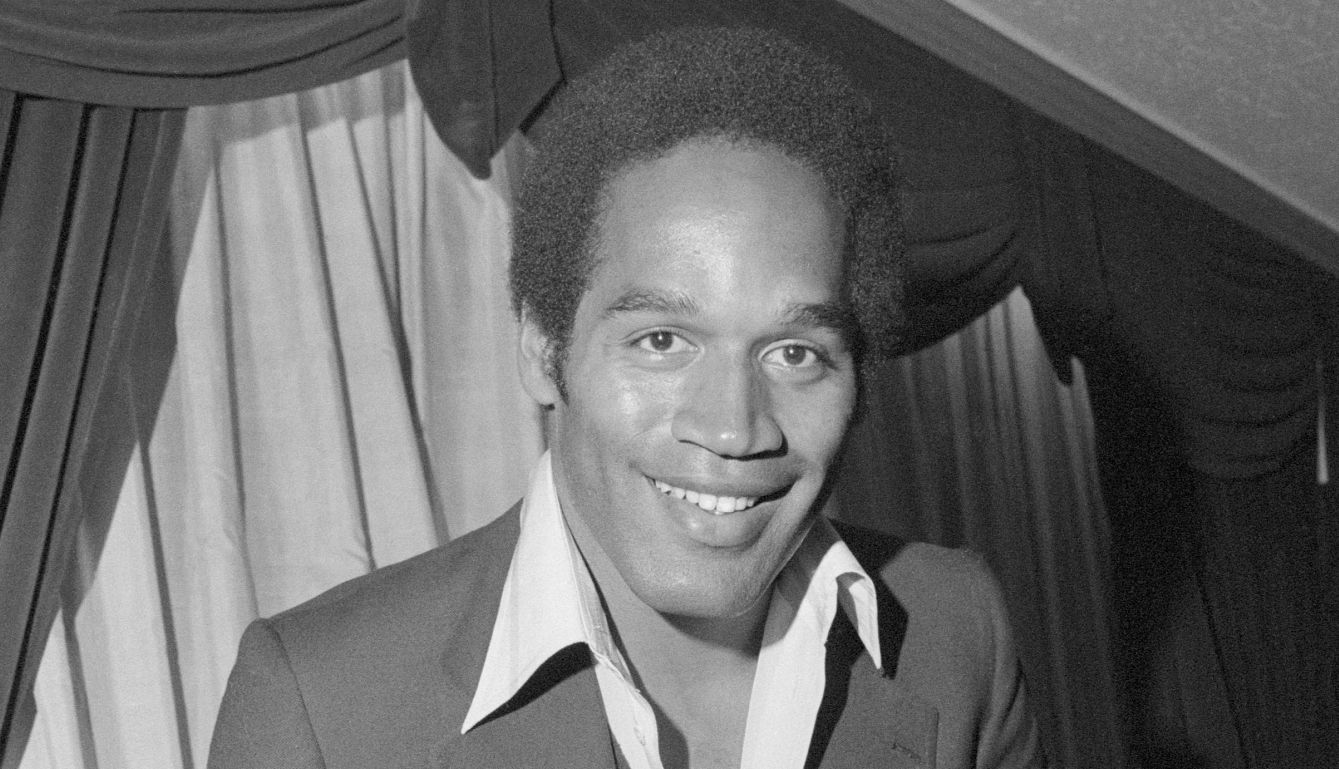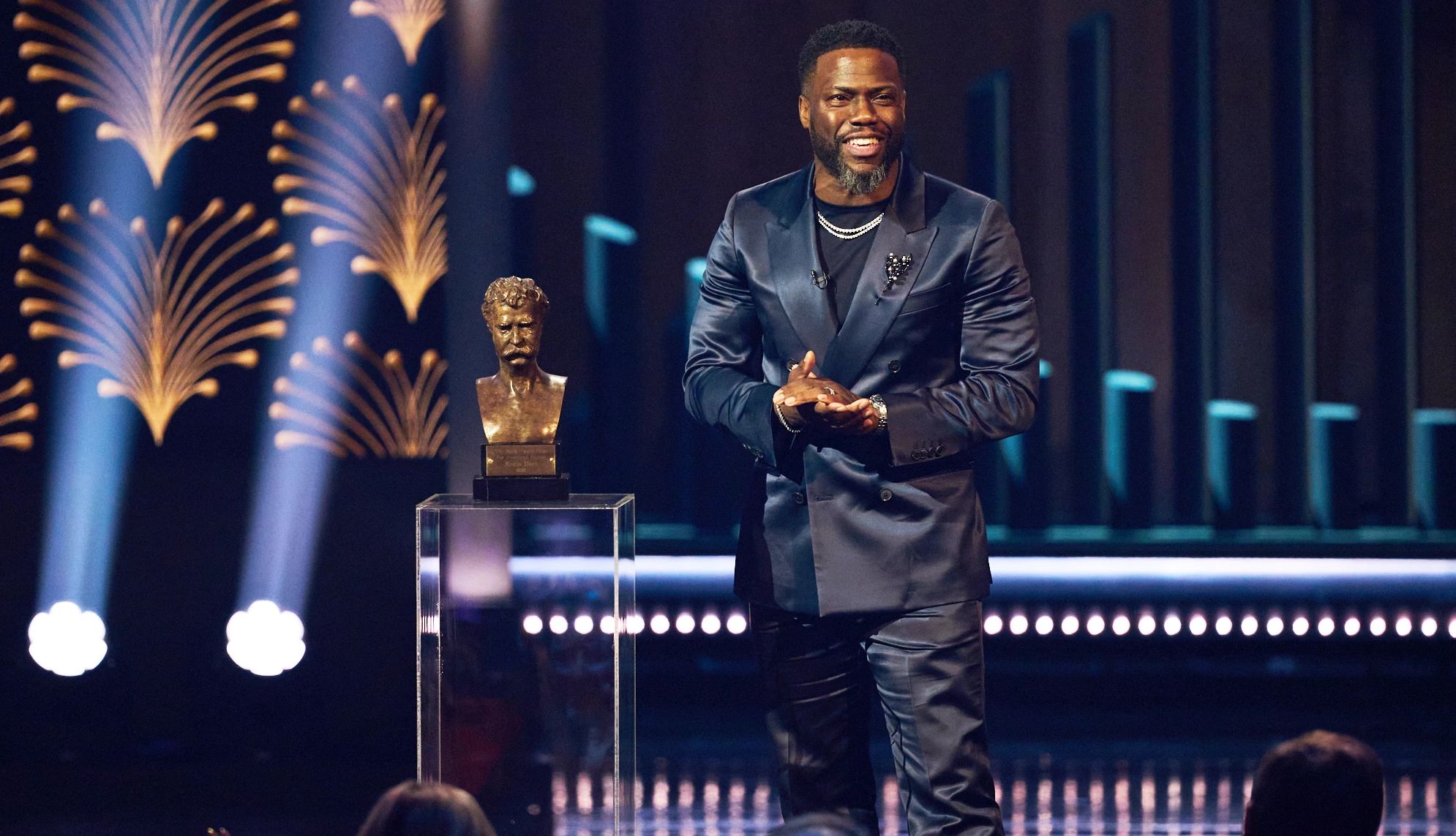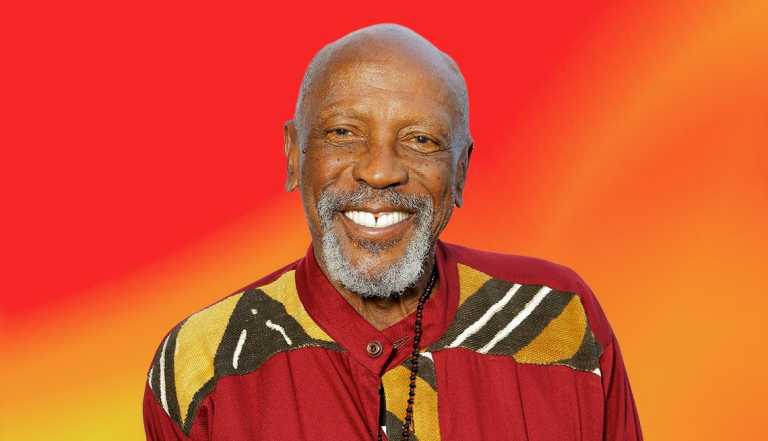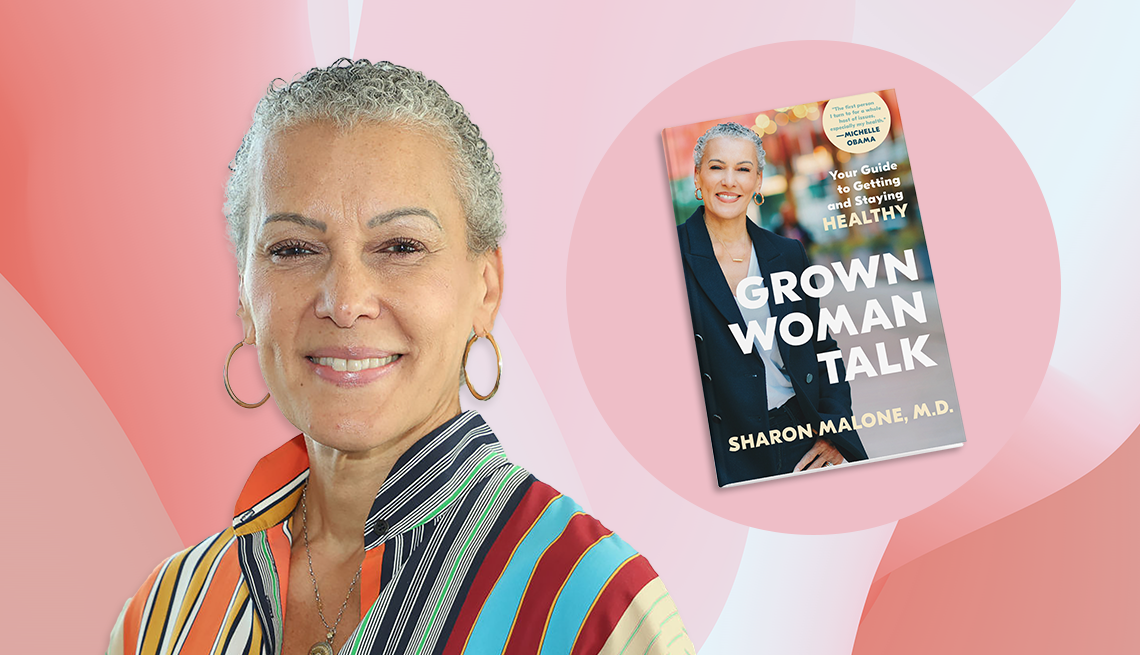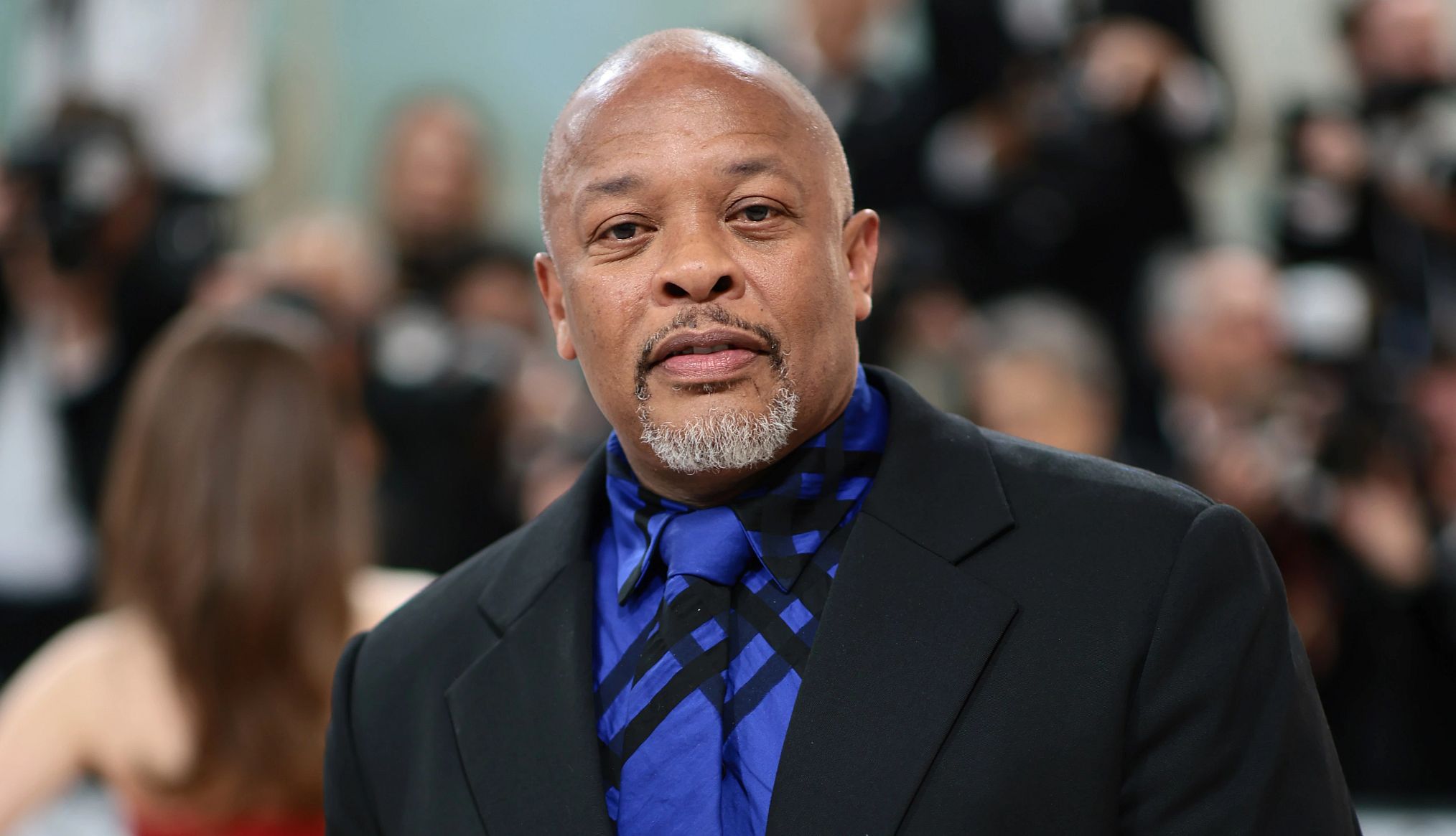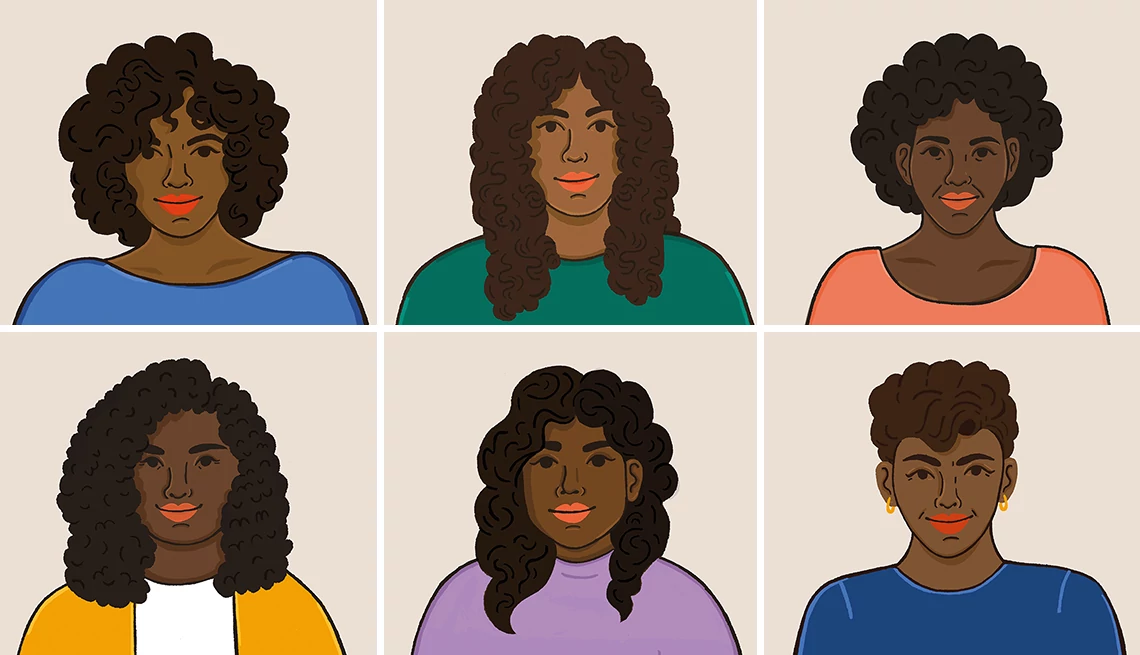Staying Fit
Black Community
News and information relevant to the African American community on topics including financial security, health and wellness
Entertainment


Movies for Grownups
Ruth E. Carter: Designing Black History on Screen
Academy Award winner speaks with AARP about her life and career

AARP Membership
$12 for your first year when you sign up for Automatic Renewal
Get instant access to members-only products and hundreds of discounts, a free second membership, and a subscription to AARP the Magazine.



























































